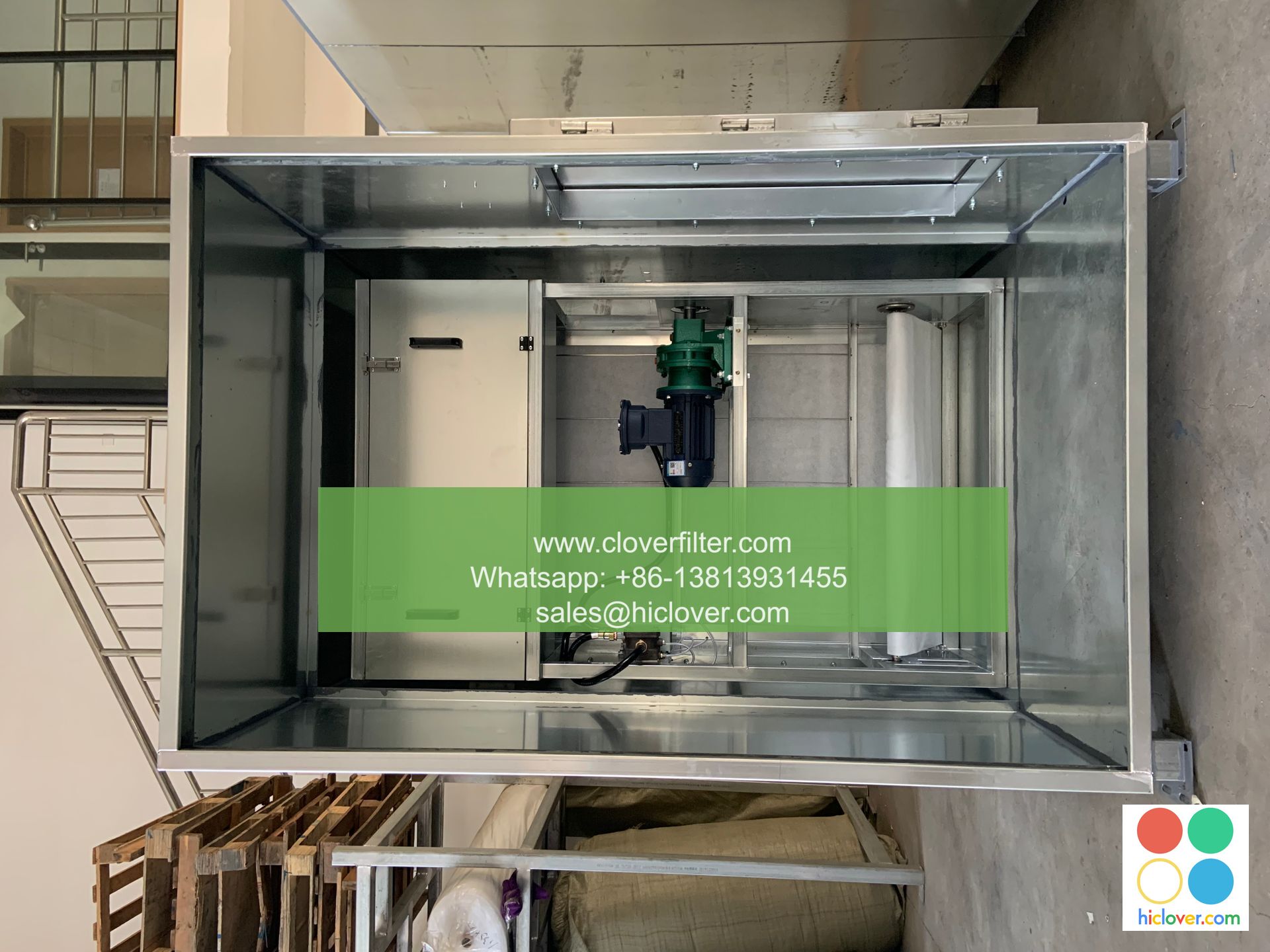The Benefits of Reusable Energy-Efficient Air Filters

The Benefits of Reusable Energy-Efficient Air Filters
Introduction
As the world continues to grapple with the challenges of climate change, energy efficiency has become a top priority for individuals, businesses, and governments alike. One often-overlooked area where energy efficiency can be improved is in air filtration systems. Reusable energy-efficient air filters offer a solution to this problem, providing numerous benefits for indoor air quality, energy consumption, and the environment.
Reduced Energy Consumption
Traditional air filters require frequent replacements, which can lead to a significant increase in energy consumption. Reusable air filters, on the other hand, can be cleaned and reused multiple times, reducing the need for frequent replacements and minimizing energy waste. This can result in significant energy savings, especially for large commercial and industrial facilities.
Improved Indoor Air Quality
Air filters play a crucial role in maintaining indoor air quality, removing pollutants and allergens from the air to create a healthier environment. Reusable air filters are designed to capture 99.97% of particles as small as 0.3 microns, including dust, pollen, and other airborne contaminants. This means that they can effectively remove pollutants and allergens from the air, improving indoor air quality and reducing the risk of respiratory problems.
Environmentally Friendly
The production of traditional air filters requires significant amounts of materials and energy, contributing to waste and pollution. Reusable air filters, on the other hand, are designed to be environmentally friendly, reducing the need for frequent replacements and minimizing waste. This makes them an attractive option for individuals and organizations looking to reduce their environmental impact.
Wide Range of Applications
Reusable energy-efficient air filters are not limited to a specific industry or application. They can be used in:
- Residential homes: Improve indoor air quality and reduce energy consumption in your home.
- Commercial buildings: Optimize energy efficiency and reduce waste in your office or retail space.
- Industrial facilities: Improve air quality and reduce energy consumption in your manufacturing or production facility.
- Healthcare settings: Ensure clean and healthy air quality in hospitals, clinics, and other healthcare facilities.
- Agricultural settings: Improve air quality and reduce energy consumption in greenhouses, farms, and other agricultural facilities.
Conclusion
Reusable energy-efficient air filters offer a range of benefits, from improved indoor air quality and reduced energy consumption to environmental sustainability. Whether you’re looking to improve the air quality in your home, office, or industrial facility, reusable air filters are an attractive option. With their ability to capture 99.97% of particles as small as 0.3 microns and their environmentally friendly design, reusable air filters are an investment worth considering.
Key Takeaways
- Reusable air filters can reduce energy consumption by minimizing the need for frequent replacements.
- Reusable air filters can improve indoor air quality by capturing 99.97% of particles as small as 0.3 microns.
- Reusable air filters are environmentally friendly, reducing waste and pollution.
- Reusable air filters can be used in a wide range of applications, including residential, commercial, industrial, healthcare, and agricultural settings.
You want me to prompt you!


